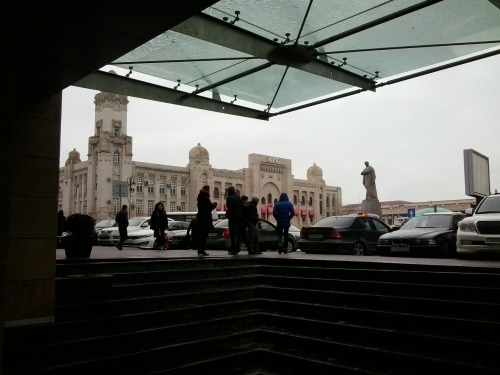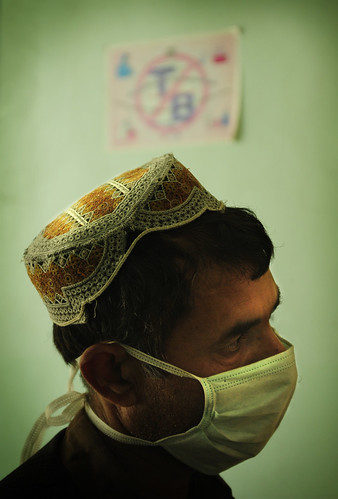
1. Someone asked me if the new State Department Global Health Diplomacy office is likely to be hiring. Unfortunately, I’d guess no. All the major positions will most likely be staffed with career foreign service officers. They may be hiring support staff. They could pull that staff from existing government administrative employees, or they could hire using a contractor that places people at the State Department. They’ll probably do a mix of both. I don’t know which contractors the State Department is using for personnel right now, but spending some time on clearancejobs.com would probably help you figure it out.
2. After a chance meeting with someone working for a faith-based organization (one of the little ones) I started thinking about their funding model. As far as I can tell, people fundraise in their home countries from their own churches, and use the funding to pay for their overseas time. While overseas, they donate their time to faith-based projects developed by other expats. This means that the projects themselves have a great looking balance sheet. All their (theoretically) expensive labor is volunteer. This is a similar model to secular projects that require you to pay them if you want to volunteer overseas.
3. As I’ve mentioned before, monitoring your project implementation is useless if you can’t actually change your intervention based on the results. That’s what matters in a project designed to improve people’s lives. (A research project is a different animal, and changing the intervention would defeat the purpose.) Bottom Up Thinking recently published a nicely nuanced take on the issue.
4. We’re posting three times a week over on Tomorrow Global. If you’re not interested in the exploration of my deepest fears for the future, you might like Danielle Parsons’ in depth looks at HIV issues or Lorea Russell’s explorations in social entrepreneurship, emergency relief, and other international development topics. Please come by and leave a comment. The commenters make Blood and Milk a thousand times better than it would be with just me. I’d love to see that at Tomorrow Global.
5. I am learning to use video as part of my job, which means I spend a lot of evenings watching YouTube videos about global health. (You envy me my exciting life, I know you do.) I’ve been putting them up with brief comments at Global Health Videos. The site is really just meant for me (thus the total lack of design) but I offer it in case it’s useful to someone else.
6. My husband just left for a two month guest worker stint in another country. My mom does all our cooking and has a totally different view of healthy food than I do. Also, she and I are sharing a winter coat so we can only go out one at a time. Apparently I’ve lived in the developing world for so long I no longer have First World Problems. (note: I’m not that broke. I have a winter coat coming soon in our shipment from Dushanbe and I’m too cheap to buy one just for the next two weeks.)
(Photo credit, me, from my new daily photoblog)




